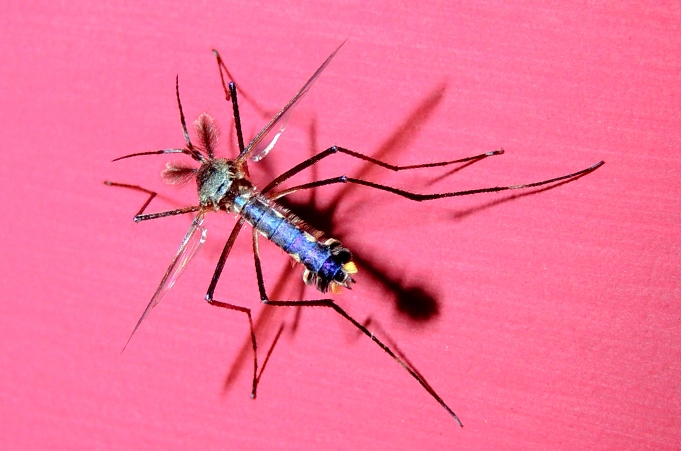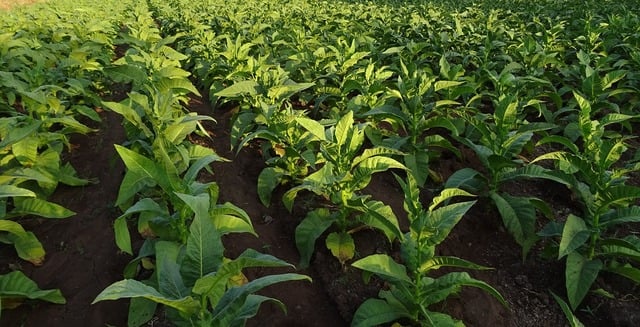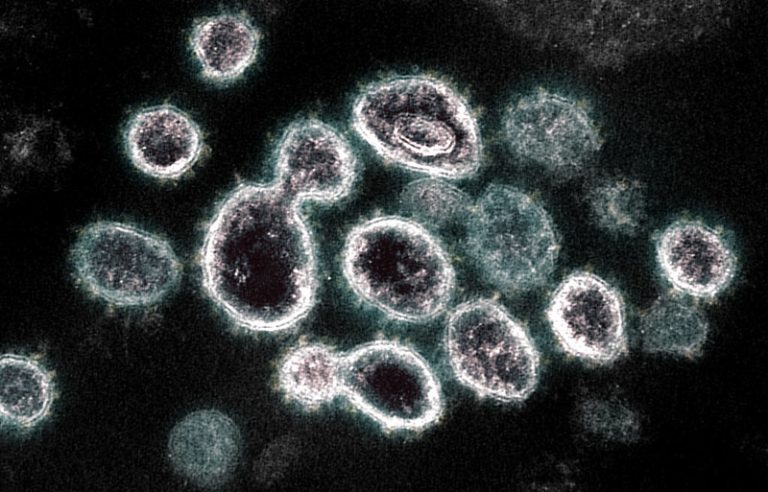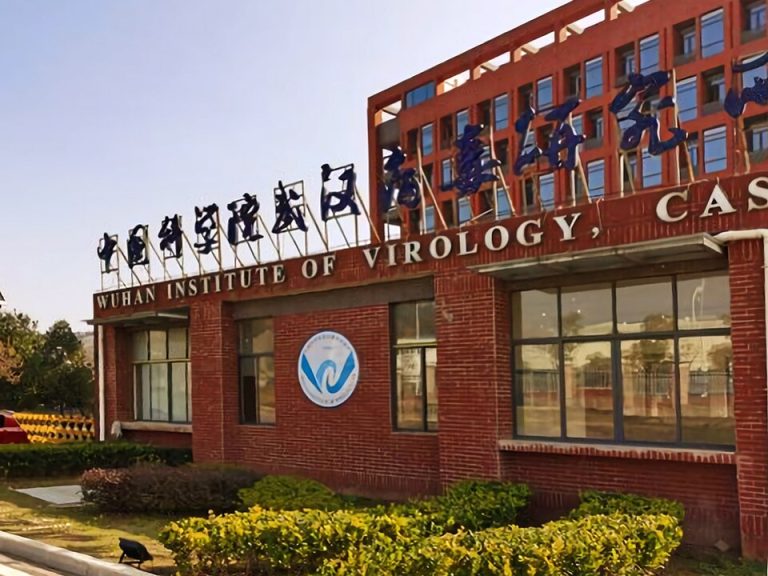News
GMO mosquitoes: Oxitec comes back to Panama

Eight years after its first releases of transgenic mosquitoes in Panama, Oxitec is planning a new phase of studies in the country, in partnership with Panama’s Institute for Scientific Research and High-Tech Services (INDICASAT-AIP) and funded by the Bill & Melinda Gates Foundation. The stated aim: to study the population dynamics of the GMO mosquito Anopheles albimanus, its breeding behavior and movements, with a view to more extensive pilot deployments.
Oxitec had already experimentally released transgenic mosquitoes (Aedes aegyptii) into the environment in Panama in 2014 [1]. The aim: to drastically reduce the population of this mosquito in order to reduce the occurrence of dengue fever. Transgenic mosquitoes are in fact sterile male mosquitoes. When they mate with wild females, their offspring do not survive. Despite glowing reports of the incredible success of these genetically modified mosquitoes [2], the releases have stopped. No information has been given, either by the authorities or by Oxitec, as to why this was the case. Was the cost too high for local authorities? Did citizens and NGOs express a disagreement that was heard by the authorities? Or was it simply that the strategy wasn’t working in the long term? Questioned by Inf’OGM, the authorities tell us: “efficiency is 80%, releases are very inexpensive”.
Dr. Nestor Sosa, who was involved in the project at the time, but is now a professor at New York University (USA), points out, a contrario, that “the main reason was implementation costs. To mass-produce the genetically modified mosquitoes, the Panamanian government would have had to invest several million to set up a factory and a distribution and control system. Oxitec was willing to supply the technology, but Panama had to pay the rest. The money was not available for efforts to combat dengue fever, nor was there the political will to invest in this area”. He adds: “Another factor is that then (as now), genetically modified mosquito technology was under development and was not the only tool available. There was the Wolbachia sp. project and improvements to the Oxitec mosquito. So it was prudent to wait for more data”. This researcher maintains, however, that “the pilot study helped reduce the mosquito population in the study area”.
In its reply, the Panamanian authority states that Oxitec “has submitted its application for the commercial phase” for transgenic Aedes aegyptii. It also states that “this application is currently being examined and evaluated by the three existing sectoral biosafety committees for GMOs (health, agriculture and environment). Once the process has been completed by each committee, they will send their technical reports to the National Biosafety Commission. The relevant committee will review the respective documents and then send its technical recommendation to the competent authority”.
Eight years after these releases, Oxitec is once again planning to establish itself in this Central American country. Oxitec specifies in its communication that this new phase concerns another mosquito, Anopheles albimanus, and that it will be carried out in collaboration with Panama’s Institute for Scientific Research and High-Tech Services (INDICASAT-AIP). In concrete terms, again according to the company, this is primarily a study phase: “During this new pilot phase, the project team, in collaboration with local community leaders, will conduct field monitoring of Anopheles albimanus in Panamanian communities, to better understand the mosquito’s population dynamics, breeding behavior and movements. These studies will provide preliminary data to inform the design of future pilot field deployments of Friendly™ Anopheles albimanus” [3]. Note that the Oxitec communication no longer mentions that these mosquitoes are genetically modified, but describes them as “friendly”.
Oxitec’s malaria program, which is running in parallel in Djibouti [4] and Panama, is funded by an $18 million grant from the Bill & Melinda Gates Foundation [5].
[1] There were 81 releases, spread over 189 days, between April 25, 2014 and October 31, 2014. In all, 4.3 million OX513A mosquitoes were released. It had been calculated that 67 male transgenic mosquitoes were needed per inhabitant. However, 900 people lived in the area covered by this experiment, namely a suburb of Arraijan called “Nuevo Chorrillo”, in the west of the country (around 10 hectares).
Kevin Gorman et al., “Short-term suppression of Aedes aegypti using genetic control does not facilitate Aedes albopictus”, Pest Management Science, Volume 72, Issue 3, March 2016.
[2] Brunot Sat, “Des moustiques OGM contre la dengue, le zika, le chikungunya… dans les Keys de Floride”, France TV, May 14, 2021
[3] “Oxitec Announces Expansion into Central America to Launch New Program in Panama to Fight Malaria-Transmitting Mosquitoes Threatening Meso-America”, PR Newswire, 27 April 2023.
[4] , « Moustique OGM : Oxitec s’implante à Djibouti », Inf’OGM, 9 March 2023.
[5] Oxitec, Press Release, “Oxitec’s Malaria Program Receives New Investment to Expand to Pilot Phases in Two Malaria-Affected Regions”, April 13, 2023.









